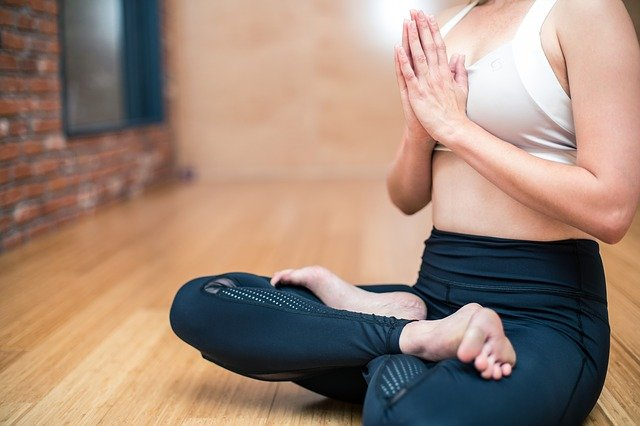Mindfulness: The Benefits of Mindfulness Techniques for Anxiety
Mariella Arceo
Sep 19, 2022
What is mindfulness?

Mindfulness is the act of paying attention to the present moment, while calmly acknowledging and accepting your feelings, thoughts, bodily sensations. It can be used as a therapeutic technique to help you relax and reduce stress. Mindfulness helps to calm anxiety as well.
There are many ways to practice mindfulness, but the objective of every form is to induce a state of alert, focused relaxation by intentionally focusing on thoughts and feelings without bias. This helps the mind return to the present moment.
The mind wanders so easily to strong emotions, negative self talk and negative thoughts. Practicing mindfulness meditation is a good way to bring you back to the present moment and see daily life for what it is. On top of that, it also promotes a more positive mental state.
What are some techniques I can do to practice mindfulness?
There are many mindfulness techniques that you can use to practice mindfulness. Some of these mindfulness practices include:

- Focusing on your breath: Take a few deep breaths and focus on the sensation of your breath going in and out. Breathing exercises help you to ground yourself in the present moment and ease anxiety.
- Observing your thoughts: Notice your thoughts without judging them or getting caught up in them. Just let them come and go like clouds passing through the sky. This will help you to detach from your thoughts and negative emotions and reduce their power over you.
- Practicing gratitude: Take a moment to appreciate the good things in your life, no matter how small. This will help you to focus on the positive and feel more calm and peaceful. Making a list of things you are grateful for can be a good mindfulness exercise to build on.
How can mindfulness help anxiety?

By incorporating mindfulness practices in your day to day life, there may be changes in anxiety and depression and its physical symptoms. As simple as paying attention could be, adapting mindfulness as a habit may create amazing improvements in your life.
Anxiety is a debilitating condition that may sometimes require professional intervention to address. If you or someone you know is in need of therapeutic intervention for anxiety, do not hesitate to reach out to Mosaic Minds Counseling.